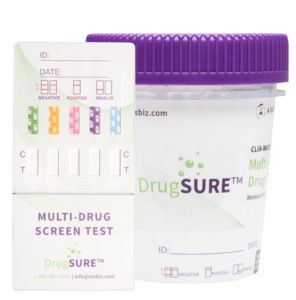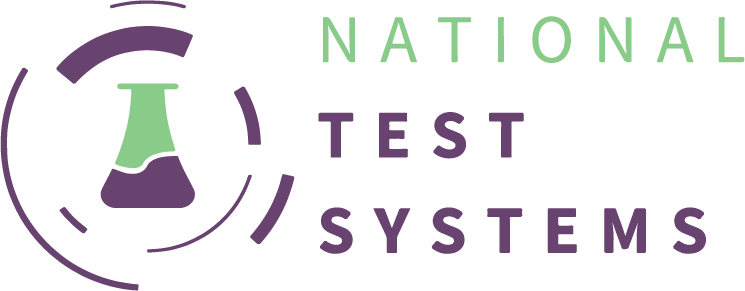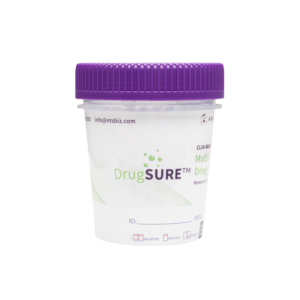
TCA
Tricyclic Antidepressants
TCA
What are Tricyclic Antidepressants or TCA?
Tricyclic antidepressants, also known now as cyclic antidepressants or TCAs, were introduced in the late 1950s. They were one of the first antidepressants, and they’re still considered effective for treating depression. These drugs are a good choice for some people whose depression is resistant to other drugs. Although cyclic antidepressants can be effective, some people find their side effects difficult to tolerate. That’s why these drugs are not often used as a first treatment.
Cut-Off Levels (ng/mL)
1000 ng/mL (Urine)
2 Hrs. – 4 Days (Urine)
How is it Used?
Clinicians usually only prescribe tricyclic antidepressants after other drugs have failed to relieve depression. Tricyclic antidepressants help keep more serotonin and norepinephrine available to your brain. These chemicals are made naturally by your body and are thought to affect your mood. By keeping more of them available to your brain, tricyclic antidepressants help elevate your mood.
Some tricyclic antidepressants are also used to treat other conditions, mostly in off-label uses. These conditions include obsessive compulsive disorder (OCD) and chronic bedwetting. In lower doses, cyclic antidepressants are used to prevent migraines and to treat chronic pain. They are also sometimes used to help people with panic disorder.
What are the Effects?
Tricyclic antidepressants treat depression, but they have other effects on your body as well. They can affect automatic muscle movement for certain functions of the body, including secretions and digestion. They also block the effects of histamine, a chemical found throughout your body. Blocking histamine can cause effects such as drowsiness, blurred vision, dry mouth, constipation, and glaucoma. These may help explain some of the more troublesome side effects associated with these drugs. Tricyclic antidepressants are more likely to cause constipation, weight gain, and sedation then other antidepressants. However, different drugs have different effects.
Common Symptoms
-
- dry mouth
- dry eyes
- blurred vision
- dizziness
- fatigue
- headache
- disorientation
- seizure
- drowsiness
- constipation
- urinary retention
- sexual dysfunction
- low blood pressure
- weight gain
- nausea
Common TCA’s
- amitriptyline
- amoxapine
- desipramine (Norpramin)
- doxepin
- imipramine (Tofranil)
- maprotiline
- nortriptyline (Pamelor)
- protriptyline (Vivactil)
- trimipramine (Surmontil)
What does it Look Like?
TCA’s usually comes in the form of a tablet, pill or capsule varying in colors.
Legal Status
Currently not a controlled substance in the United States.
Testing Options
- Integrated Urine Test Cup
- Urine Dip Card

Contact us
Call Us
Email Us
Our Location
Boca Raton, FL 33487

